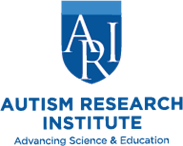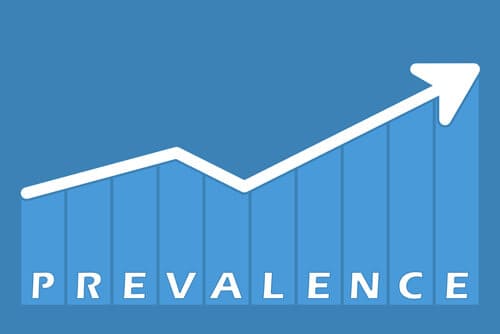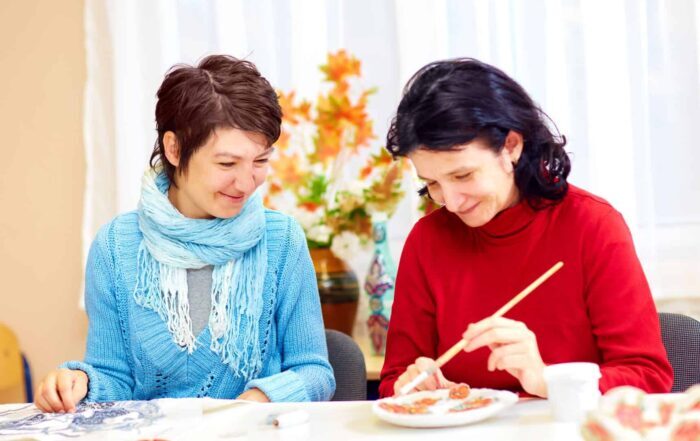“It’s impossible to do what you are saying you want to do,” replied a grantor four years ago, when I requested funds for another season of The Miracle Project, a transformational theater arts program that I created for individuals with autism and their typically developing siblings and peers. I had proposed a 5-month workshop for those of all abilities, teaching music, movement, theater, and film, which would culminate in a live, original musical. My ambitious application claimed that the program would be fully inclusive and that there would be a positive, uplifting parent component in which everyone would be part of a dynamic, creative community.

“Impossible? But I’ve been doing this now for three years!” I pleaded. Back then, we were desperate for the monies that kept us going year to year.
Although the grantor was not swayed, the generosity of parents and private donors made it possible for the Miracle Project to keep its doors open for yet another year, and another year…
Witnessing Miracles, On and Off Stage
Now in our seventh year, I can say that I have been privy to the impossible. I have witnessed miracles. Today, although we always need funds to expand to other parts of the country, people believe and understand our program. Grants and donations flow to us. Film and T.V. shows follow us. We have received many awards, and most of all, lives have changed. Through shared, creative experiences, shy, withdrawn children blossom and teens that had never had a friend before becoming part of a supportive, inclusive, and positive social dynamic. Young adults find their voices and become ambassadors for autism awareness and inclusion. These experiences have played a significant role in their transition to adulthood.
The arts are an integral component of every society. Dance, music, and storytelling form the basis of every culture and even predate mythology and religion. The playwright, Friedrich von Schiller* works on the basic principle that “the creative process liberates humankind.” Why not for individuals with autism?
Instead of using force, a volunteer sits with the individual until they are ready to participate
Creative experiences and activities that promote thinking “outside the box” develop spontaneity, originality, and flexibility. Who can quantify what happens when a student is so anxious to be in a group that the best she can do is hide under a table? In our programs, instead of being forced out, a volunteer sits under the table with her until she is ready to participate with the group.
Here is another magical moment: when a poem typed by a non-speaking teen becomes the lyrics to a song that is performed before an audience of thousands at a walk for autism. Or how about the sensitive teen, bullied by a classmate who gets to play out his frustrations in an acting session and finally learns to stand up for himself in school?
In a creative environment, “stims” can become dance moves and “obsessions,” or preferred interests, become the basis of a scene in a play. Practicing life skills in a creative environment helps a young adult rehearse for a job interview and develop self-confidence and a positive self-image.
Theater Skills are Life Skills
One of my very first students, a nine-year-old boy named Daniel, came to The Miracle Project after being kicked out of every other traditional acting class he had ever tried. In his first few days with us, he hid behind his mother’s back and couldn’t even enter the room. Today, he is a leader among his peers, winning dance contests in school and taking on lead roles in theatrical productions. Last summer, Daniel attended a transition to adulthood boarding school 3,000 miles from home. Although his shyness returned, instead of hiding, he used the skills he had learned from his seven years at The Miracle Project and boldly gathered his peers together, leading them to brainstorm, write, and then perform an original play.
I feel privileged to be part of these miracles every day. I witness isolated, withdrawn children grow into independent, confident young adults, and do what was once deemed ‘impossible’ is a gift beyond compare.
*von Schiller, Friedrich (2000). “The Stage as a Moral Institution” and “On the Use of the Chorus in Greek Tragedy” in Gerould, Daniel (Ed.), Theatre/Theory/Theatre. New York, NY: Applause Theatre and Cinema Books, 250-261.
About the Author
Elaine Hall, aka Coach E, is known by many through the Emmy award winning HBO documentary AUTISM: The Musical. She is an author, educator, international keynote speaker, inclusion activist, and mother to an awesome eighteen-year-old, nonverbal son who types to communicate. Elaine’s memoir, Now I See the Moon, was chosen for World Autism Awareness Day by the United Nations in 2011 and for Jewish Disability Awareness Month in 2013. She was recently selected as one of the City of Los Angeles’ Top 50 Most Inspiring Women by Los Angeles Magazine. She currently is raising funds to create The Miracle Project curriculums for use in schools and adult transition programs across the globe.
Study finds that employees with autism are less likely to exhibit “bystander” effect
Employees with autism spectrum disorders (ASD) may contribute to businesses in a unique way because they are less likely than neurotypical individuals to exhibit the “bystander” effect, according to a new
Prevalence of autism in adults increasing rapidly in the U.S.
The prevalence of autism spectrum disorders (ASD) among adults in the United States is rising rapidly, according to a new study. Eric Rubenstein and colleagues analyzed a random sample
Autistic adults show enhanced generosity toward strangers
Adults with autism spectrum disorders (ASD) tend to be more generous to strangers than their neurotypical peers are, according to new research. In the study, Paul Forbes and colleagues explored differences
From Special to H.A.P.P.Y.
Peter Vermeulen, Ph.D., considers a positive approach to psychoeducation for autistic individuals. He draws on over 25 years of experience to illustrate contemporary changes in autism intervention focus and discourse. The speaker
Older adults with ASD at higher risk for many health issues
A large-scale study from researchers in Sweden and Poland indicates that older adults with autism spectrum disorders (ASD) are at significantly higher risk than their non-autistic peers for a range of
LGBTQIA+ and Autism
Contemporary research on the intersection of autism, sexuality, and gender identity asserts that autistic individuals are more likely to identify as LGBTQIA+ than the neurotypical population. Similarly, the prevalence of autism is






